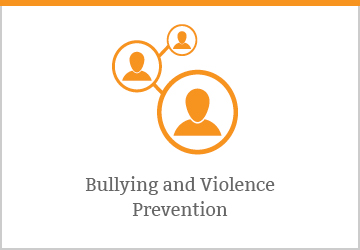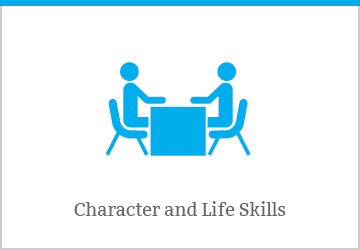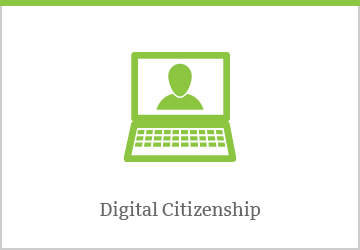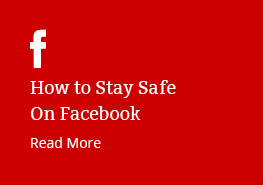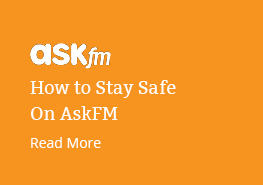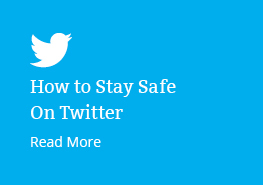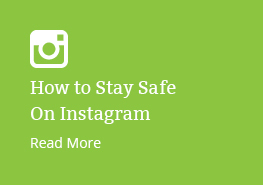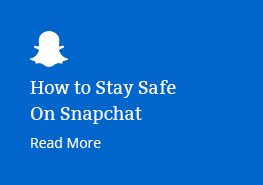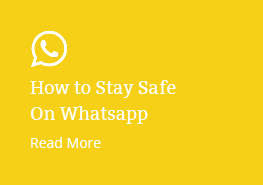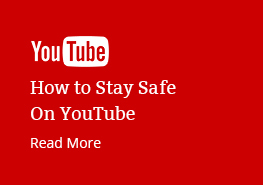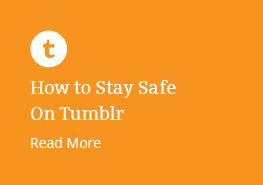
MIB Support Blocks
Schools are a primary place where bullying can happen. Helping to establish a supportive and safe school climate where all students are accepted and knowing how to respond when bullying happens are key to making sure all students are able to learn and grow. Making It Better supports schools and families in a continuous effort around building positive relationships. It is with intention and purpose we developed resources on www.makingitbetter-cms.tv specific for your family. We believe that together, we are Making IT Better!
-
Steps to take if your child is being bullied at school.
-
What is Bullying?
-
What is Conflict?
-
How do I report bullying?
-
Where do I get help?
-
If I have a bullying question, who should I contact at my child’s school?
-
If I have a bullying question, who can I contact at the district level?
-
Where can I get more information about bullying?
-
How do teachers respond to suspected bullying?
-
What is Stand Up and Speak Out?
-
Where can I follow Making IT Better on social media?
-
What is cyberbullying and what do I do if I am a target of it?
MIB Video and Print Support
Select video and print resources for elementary, middle, and high school students. Students see themselves in the real stories shared.
How to Stay Safe Online
The Internet is a powerful and useful tool, but in the same way that you shouldn’t drive without buckling your seat belt or ride a bike without a helmet, you shouldn’t venture online without taking some basic precautions. Here are basic tips to help you stay safe online. In addition to these tips, please visit www.antibullyingpro.com/support-centre for tips to stay safe on specific social media sites such as Snapchat, Tumblr, Whatsapp, etc.
Need someone to talk to?
-
Police
If someone’s life is in danger or is at immediate risk of harm, call 911.
Charlotte Mecklenburg School
Bullying PreventionPreventbullying@cms.k12.nc.us
980.343.2748CMS and the Making It Better initiative are committed to preventing bullying in our schools and in our communities.
National Suicide Prevention Lifeline
Contact the National SuicidePrevention Lifeline Site
online or at 1.800.273.TALK (8255).Someone is feeling hopeless, helpless, thinking of suicide. The toll-free call goes to the nearest crisis center in our national network. These centers provide 24-hour crisis counseling and mental health referrals.
-
PACER’s National Bullying
Prevention CenterActively leading social change, so that bullying is no longer considered an accepted childhood rite of passage.952.838.9000 or
800.537.2237E-mail: Bullying411@pacer.org
Fax: 952.838.0199Office Hours
8:00 a.m. — 5:00 p.m., CST
Monday through FridayMinneapolis Office:
PACER Center, Inc.
8161 Normandale Blvd.
Bloomington, MN 55437Los Angeles Office:
PACER’s National Bullying Prevention Center
80 East Hillcrest Drive, #203
Thousand Oaks, CA 91360
MIB Support Blocks
Charlotte-Mecklenburg Schools aligns the definition of bullying with that of the federal government www.stopbullying.gov.
Bullying is unwanted, aggressive behavior among school aged children that involves a real or perceived power imbalance. The behavior is repeated, or has the potential to be repeated, over time.
In order to be considered bullying, the behavior must be aggressive and include:
- An Imbalance of Power: Kids who bully use their power — such as physical strength, access to embarrassing information, or popularity — to control or harm others. Power imbalances can change over time and in different situations, even if they involve the same people.
- Repetition: Bullying behaviors happen more than once or have the potential to happen more than once.
Bullying includes actions such as making threats, spreading rumors, attacking someone physically or verbally, and excluding someone from a group on purpose.
Conflicts arise whenever the behaviors or values of some people are not approvable to and rejected by other people. Conflicts between people are a normal, natural and an inevitable part of life. In Charlotte-Mecklenburg Schools, we encourage healthy conflict to help students grow and become independent.
However, conflict escalation can result when students do not have appropriate conflict resolution skills. A great deal of research shows the damaging effects that win-lose conflict resolution has on interpersonal relationships. It creates distance, separation, dislike, even hatred. Conflict escalation of a disagreement can result in students actively trying to damage one another.
Bullying should be reported immediately. Reporting can be done directly to the school (or to CMS Bullying Prevention Department) using personal contact, phone call, email, or anonymous reporting form.
CMS Bullying Prevention Department preventbullying@cms.k12.nc.us or 980.343.2748
In an emergency please call 911. Contact the National Suicide Prevention Lifeline online or at 1.800.273.TALK (8255).
Each school has a designated Bullying Prevention Administrator that works closely with the CMS Bullying Prevention Department. For the name of your school’s Bullying Prevention Administrator, please contact your school’s front office or contact the CMS Bullying Prevention Department at preventbullying@cms.k12.nc.us or call 980-343-2748.
For all questions related to bullying prevention, please contact CMS Bullying Prevention Department at preventbullying@cms.k12.nc.us or call 980-343-2748
For more information please explore this site www.makingitbetter-cms.tv as well as:
- www.stopbullying.gov
- www.antibullyingpro.com/support-centre
- www.pacer.org/bullying/
- www.netsmartz.org/home
You can also follow us on social media at:
CMS teachers are instructed to:
- (1) Stop the bullying.
- (2) Name the bullying behavior.
- (3) Support the targeted student and remove them from the scene; making sure they are okay and safe.
- (4) Engage the bystanders. In CMS, bystanders are held accountable for their actions as well.
- (5) Address the student that was bullying.
- (6) Follow-up. Report incident to school’s Bullying Prevention Administrator.
CMS teachers are offered a bullying prevention classroom training online module. In addition, schools are provided the opportunity for face-to-face bullying prevention professional development.
Stand Up Speak Out is a collaborative partnership with Beasley Media Group to bring awareness around bystanders and their importance to prevent bullying. To be part of the change, and make a difference in your school, “Take the Pledge” and join STAND UP SPEAK OUT today.
You can follow Making IT Better on social media at:
Cyberbullying happens when kids bully each other through electronic technology. If you find yourself a target of cyberbullying please:
- Don’t respond to and don’t forward cyberbullying messages.
- Keep evidence of cyberbullying. Record the dates, times, and descriptions of instances when cyberbullying has occurred. ave and print screenshots, emails, and text messages. Use this evidence to report cyberbullying to web and cell phone service providers.
- Block the person who is cyberbullying.
- Report Cyberbullying to:
- Your School
- Law Enforcement
- Threats of violence
- Child pornography or sending sexually explicit messages or photos
- Taking a photo or video of someone in a place where he or she would expect privacy
- Stalking and hate crimes

